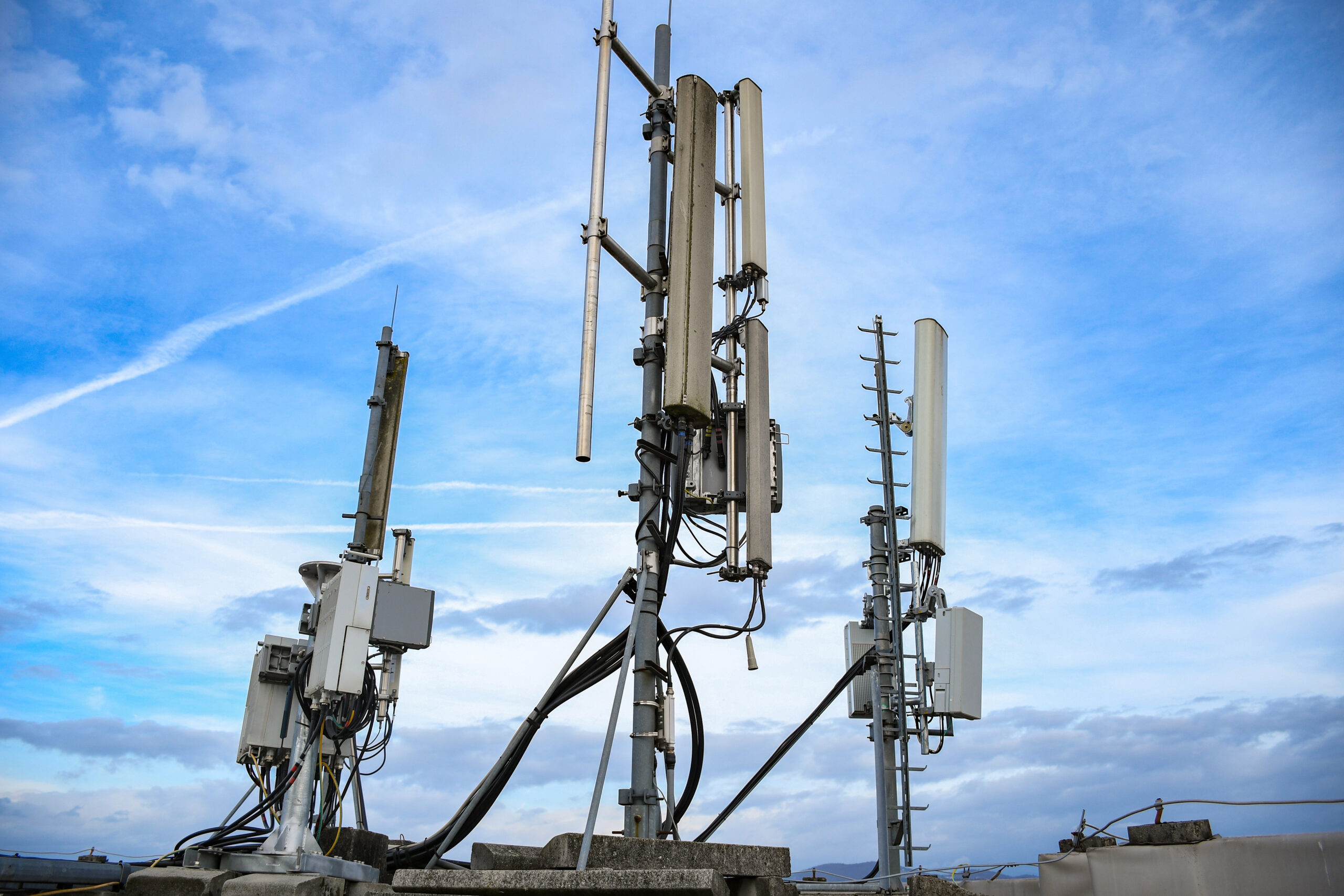The Case for Restoring the FCC’s Spectrum Auction Authority

This month marks one year since Congress allowed the Federal Communications Commission’s (FCC’s) spectrum auction authority to expire. Some lawmakers see the lapse in authority as a step back for the U.S. in the fast-paced global race for economic dominance, which will hinge on robust digital sector growth, widespread implementation and use of 5G technologies, and extensive access to the nearly $15 trillion dollar digital economy – economic and infrastructural goals that research shows can be furthered through advancements in mid-band spectrum availability.
Senators Cruz, Thune, and Blackburn have introduced a bill to restore the FCC’s auction authority and expand commercial access to mid-band spectrum. The Spectrum Pipeline Act of 2024 would return this crucial tool to the FCC. It would also require the FCC to auction spectrum in the 1.3 GHz and 13.2 GHz bands. The proposal is currently the only legislative response to the FCC’s lapse in spectrum auction authority.
Research demonstrates that the lack of available spectrum in the U.S. is holding back American businesses, keeping American communities behind the global digital advancement curve, and ceding economic competitiveness to overseas adversaries. Reports indicate that China “has amassed four times as much licensed mid-band spectrum as the U.S., and America now ranks 13th of 15 leading nations in licensed mid-band spectrum.” If the U.S. is to remain competitive in the global digital economy, it must pursue a more aggressive connectivity plan, with renewed spectrum auction authority being a key pillar of support. A Brattle Group study shows that authorizing just the 12GHz band for 5G deployment would generate over $50 billion in value through mobile services and produce more than $1 trillion in total social benefits.
Federal agencies are at work to further the Biden Administration’s mission of maximizing the benefits of what President Biden has referred to as one of “our Nation’s most important national resources.” For example, the FCC is taking action to create additional uses for unlicensed spectrum, including a proceeding to permit unlicensed use of very low power (VLP) devices in two more portions of the 6 GHz band. The Commission describes VLP devices as “instrumental in supporting cutting-edge applications, such as augmented and virtual reality, that will help businesses, enhance learning opportunities, advance healthcare opportunities, and bring new entertainment experiences.” If successful, the action would allow everyday use of VLP devices to “quickly become invaluable” to consumers.
In addition, federal agencies are collaborating to maximize spectrum: the National Telecommunications and Information Administration (NTIA), the FCC, and additional agencies produced the National Spectrum Strategy (Strategy) and newly released Implementation Plan. Created as a requirement of the Presidential Memorandum on Modernizing United States Spectrum Policy and Establishing a National Spectrum Strategy, the strategy and implementation plan seek to modernize national spectrum policy to make the most efficient use of this scarce and invaluable resource for all Americans. The strategy includes NTIA’s study of more than 2,700 megahertz of spectrum for potential repurposing. The five bands identified for study could support “a range of uses, including wireless broadband, drones, and satellite operations.” The NTIA intends to continue to study additional bands of spectrum for reallocation and auction – including the 3450-3550 MHz band – and develop sharing frameworks for the Lower 3 GHz (3.1-3.45 GHz) and 3.5 GHz bands.
It’s clear that government agencies are working hard to maximize the commercial use of spectrum, but new authorizations for licensed use – which are best allocated via auction – would be bolstered tremendously by restoring the FCC’s auction authority and are necessary to go any further.








